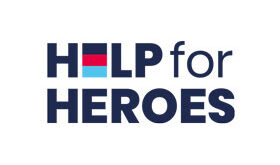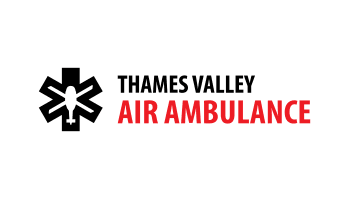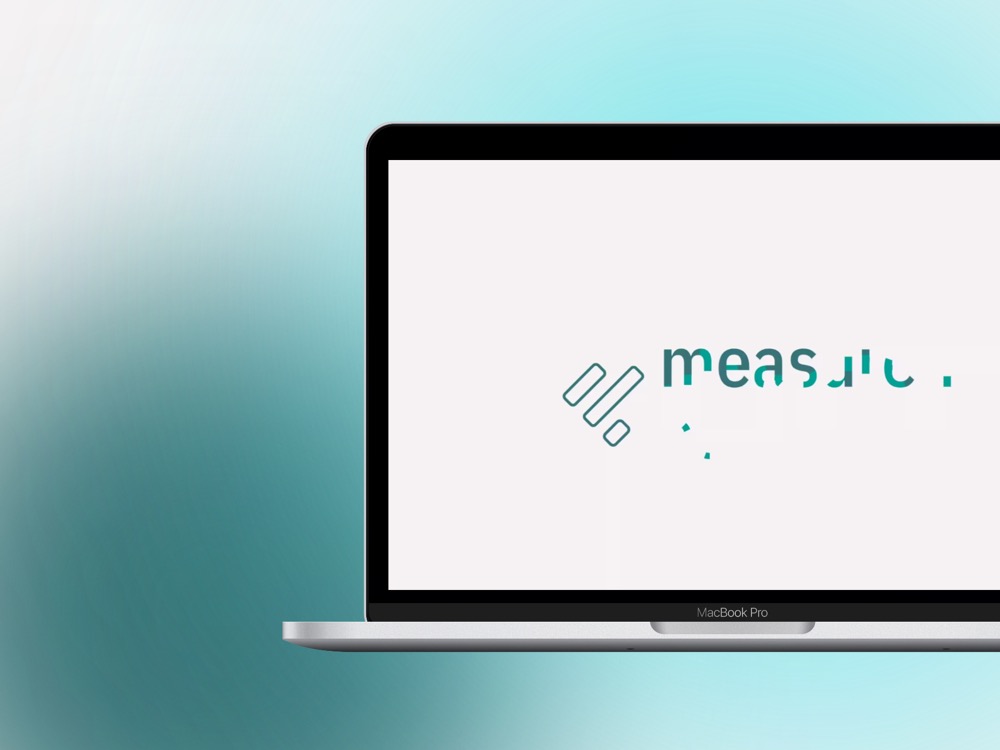We all need to learn about data protection. Why not make it interesting?
Measured Collective is the answer to your data protection training needs. Covering GDPR & PECR with concise articles, templates and top-rated online courses.
“Well explained”
⭐⭐⭐⭐⭐
“Easy to follow and understand”
⭐⭐⭐⭐⭐
“Very informative and interactive”
⭐⭐⭐⭐⭐
“Quick, simple to use, clear”
⭐⭐⭐⭐
“Thank you for this opportunity”
⭐⭐⭐⭐
Training
Give your team the knowledge they need to use data properly
A collection of online training courses covering UK GDPR, EU GDPR, PECR and more.
Templates
Build your own compliance programme with free templates
Get access to a growing library of data privacy compliance templates that will allow you to build your own programme and help fulfil your documentation requirements.











